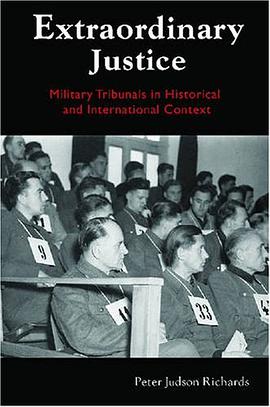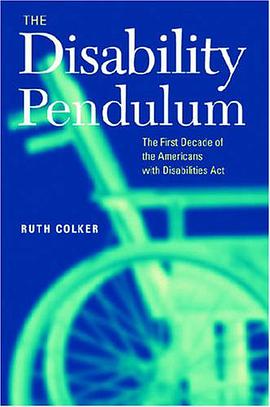
具体描述
Many legal theorists and judges agree on one major premise in the field of law and religion: that religion clause jurisprudence is in a state of disarray and has been for some time. In "Masters of Illusion", Frank S. Ravitch provocatively contends that both hard originalism (a strict focus on the intent of the framers) and neutrality are illusory in religion clause jurisprudence, the former because it can not live up to its promise for either side in the debate and the latter because it is simply impossible in the religion clause context. Yet these two principles have been used in almost every Supreme Court decision addressing religion clause questions. Ravitch unpacks the various principles of religion clause interpretation, drawing on contemporary debates such as school prayer and displaying the Ten Commandments on courthouses, to demonstrate that the neutrality principle does not work in a pluralistic society. When defined by large, overarching principles of equality and liberty, neutrality fails to account for differences between groups and individuals. If, however, the Court drew on a variety of principles instead of a single notion of neutrality to decide whether or not laws facilitated or discouraged religious practices, the result could be a more equitable approach to religion clause cases.
作者简介
目录信息
读后感
评分
评分
评分
评分
用户评价
相关图书
本站所有内容均为互联网搜索引擎提供的公开搜索信息,本站不存储任何数据与内容,任何内容与数据均与本站无关,如有需要请联系相关搜索引擎包括但不限于百度,google,bing,sogou 等
© 2026 qciss.net All Rights Reserved. 小哈图书下载中心 版权所有





















